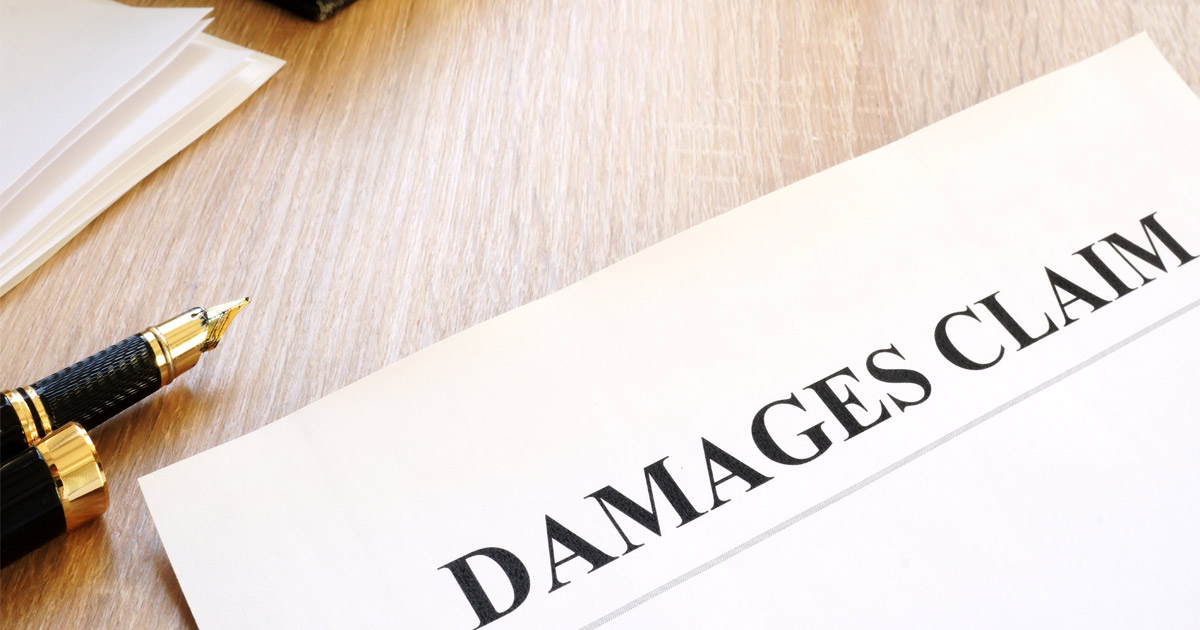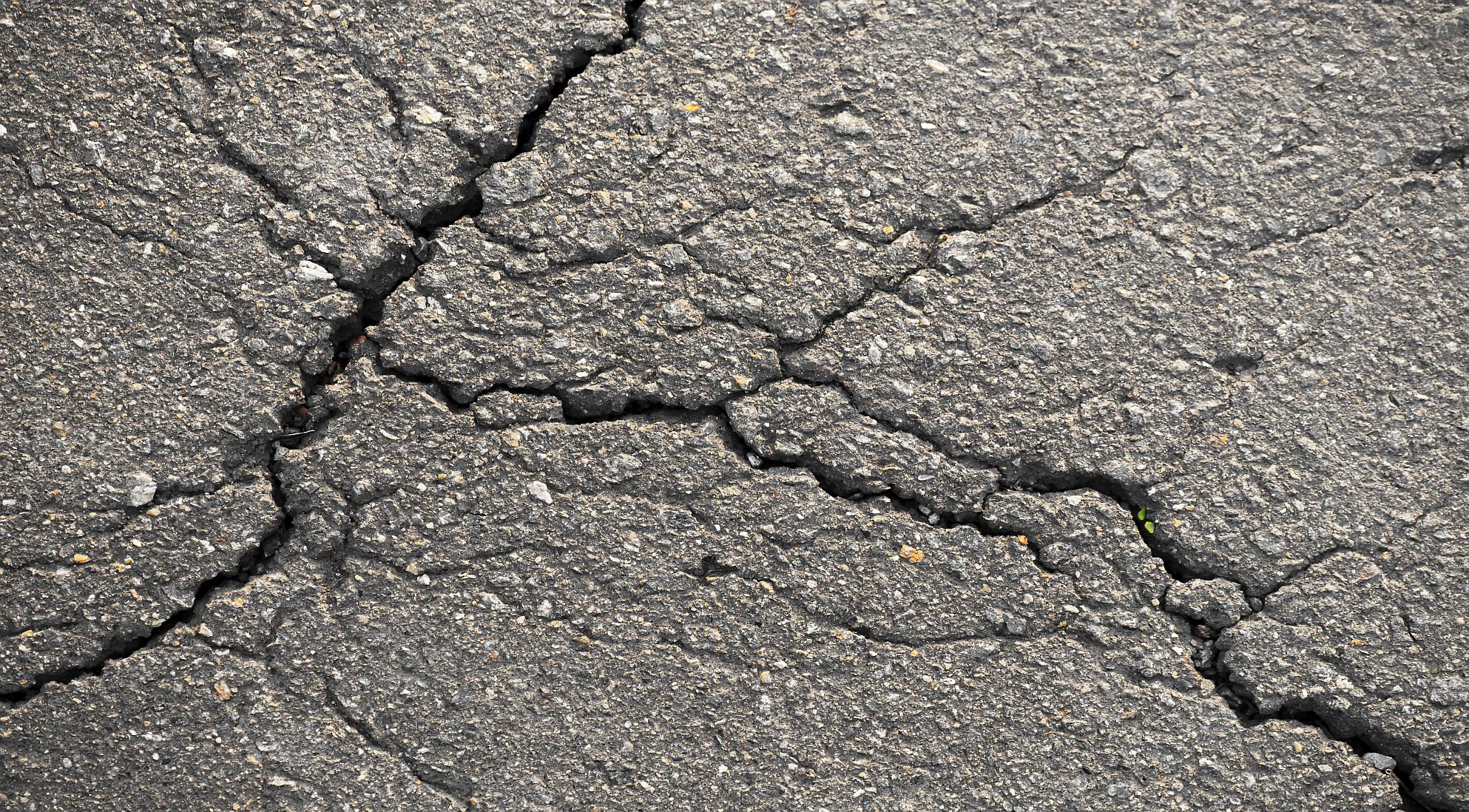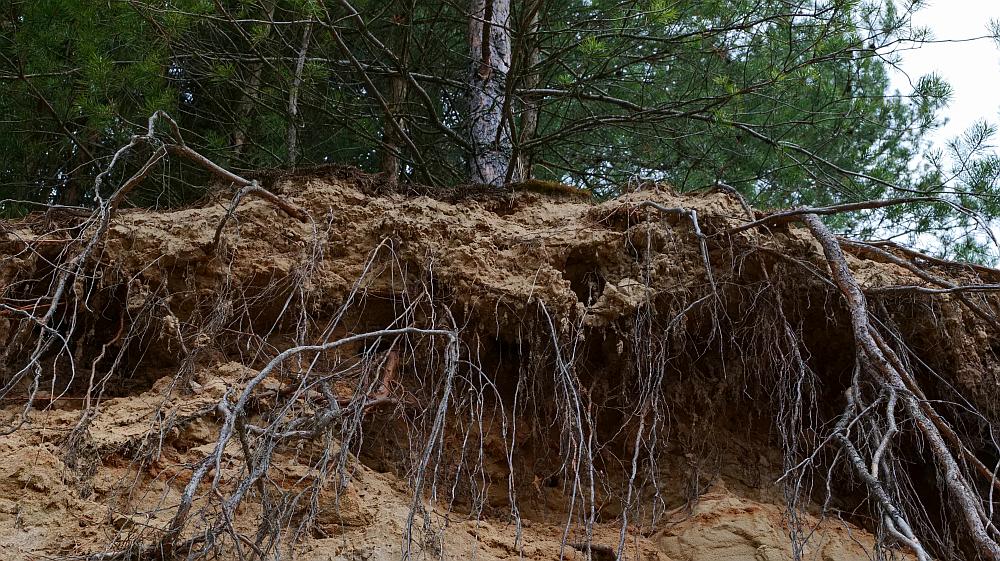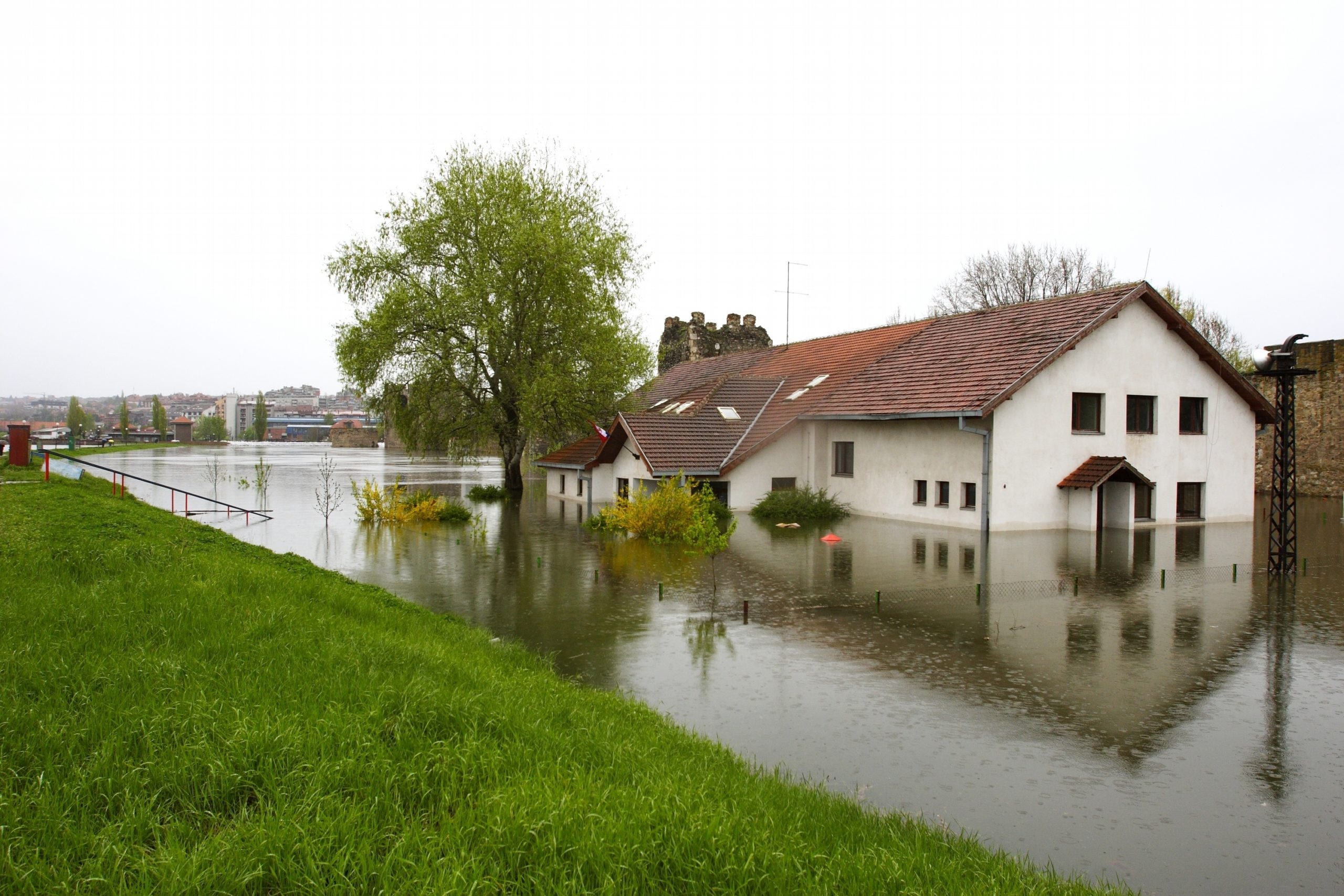
Most California residents have experienced an earthquake at some point, particularly if they have lived in the state for their entire lives. Of the significant earthquakes that occurred in the United States in 2019, most of them occurred in California, according to the Earthquake Hazards Program of the U.S. Geological Survey (USGS). A major earthquake can cause massive property damage. Although earthquake insurance is available, the California Department of Insurance reported that only 15 percent of California residents purchased earthquake coverage in 2018. For residents who live in earthquake-prone areas such as California, it is important to understand coverage that is available. An experienced property damage lawyer can walk clients through every step of the claims process and secure the financial compensation they deserve.
An earthquake occurs when the Earth’s tectonic plates shift. The energy that is stored in the Earth’s crust is released, producing seismic waves that cause the ground to shake. There are two tectonic plates in California; the Pacific Plate consists of most of the Pacific Ocean floor and the California coastline, and the North Atlantic Plate covers most of the North American continent and parts of the Atlantic Ocean floor. The San Andreas Fault is the primary boundary between these two plates. The two plates are constantly moving, and the San Andreas Fault system adapts to the movements. However, when there is too much stress on the edges of the plates, a major earthquake can occur.
Earthquakes can cause significant property damage, particularly to homes that are built on old waterways, unconsolidated landfills, or unstable soil. Buildings that are not anchored to the ground by a reinforced foundation, such as trailer homes and manufactured homes, are at risk of major damage during an earthquake. Although earthquakes cannot be prevented or stopped, there are steps that property owners can do to protect their homes.
If someone lives in an area where earthquakes are likely to occur, it is important to be prepared by keeping the following tips in mind:
Regular homeowner’s insurance does not cover property damage caused by earthquakes. Residents must purchase an earthquake insurance policy separate from their insurance company. When a homeowner is deciding whether to purchase earthquake insurance, there are several important factors that need to be considered. For example, homeowners should consider the cost of the insurance premium and deductible. The deductible is a percentage of the home’s value, and homeowners can choose to pay an amount ranging from five to 25 percent.
The cost of the home and its proximity to a fault line should also be considered. In California, earthquake insurance premiums can cost approximately $800 per year. Premiums may be even higher for residents in high-risk areas. Discounts are available for homes that are braced and bolted to the foundation. When considering the cost of earthquake insurance, a homeowner must think about the potential damage that a major earthquake could cause, as well as costs for repairing the damage. However, even with earthquake insurance, there are limits to what is covered.
In the state of California, basic earthquake insurance covers damage to a person’s home, as well as any personal belongings that may have been damaged or destroyed by the earthquake. When determining that amount of coverage needed, homeowners should consider purchasing replacement cost coverage instead of an actual cash value (ACV) policy. Replacement cost coverage will reimburse the owner on the cost to rebuild their home and replace the lost contents. Basic earthquake policies cover the following:
It is important that homeowners thoroughly review their earthquake insurance policy, as there are things that are not covered. The following are common earthquake insurance exclusions:
If someone has suffered major property damage following an earthquake and they purchased an earthquake insurance policy, they will need to take the following steps to seek financial compensation:
If you suffered significant property damage after an earthquake, contact the LA property damage lawyers at ACTS LAW at your earliest convenience. We understand how devastating earthquakes can be, and how crucial it is that you receive the funds necessary to repair and rebuild your home. We will walk you through every step of the claims process and secure the maximum financial compensation you deserve. To schedule a free consultation, call us today at 833-228-7529 or contact us online.
From our offices in San Diego and Los Angeles, we serve clients throughout Orange County and Los Angeles County, including Beverly Hills, Calabasas, Malibu, Santa Monica, Long Beach, Hidden Hills, Pasadena, San Marino, Brentwood, Encino, Newport Beach, and Foresthill.

Earthquakes can strike suddenly and cause significant damage. From injuries to property destruction, the aftermath of an earthquake can be overwhelming. Unfortunately, many homeowners face financial d...

Experiencing landslide damage can be a devastating event that affects both your life and your home. Amidst the process of recovering and repairing your house, you may also find yourself dealing with i...

It is critical to understand how California state law defines personal property and loss of use. Understanding the claims procedure can help you make sure you get the insurance payout you are due if y...